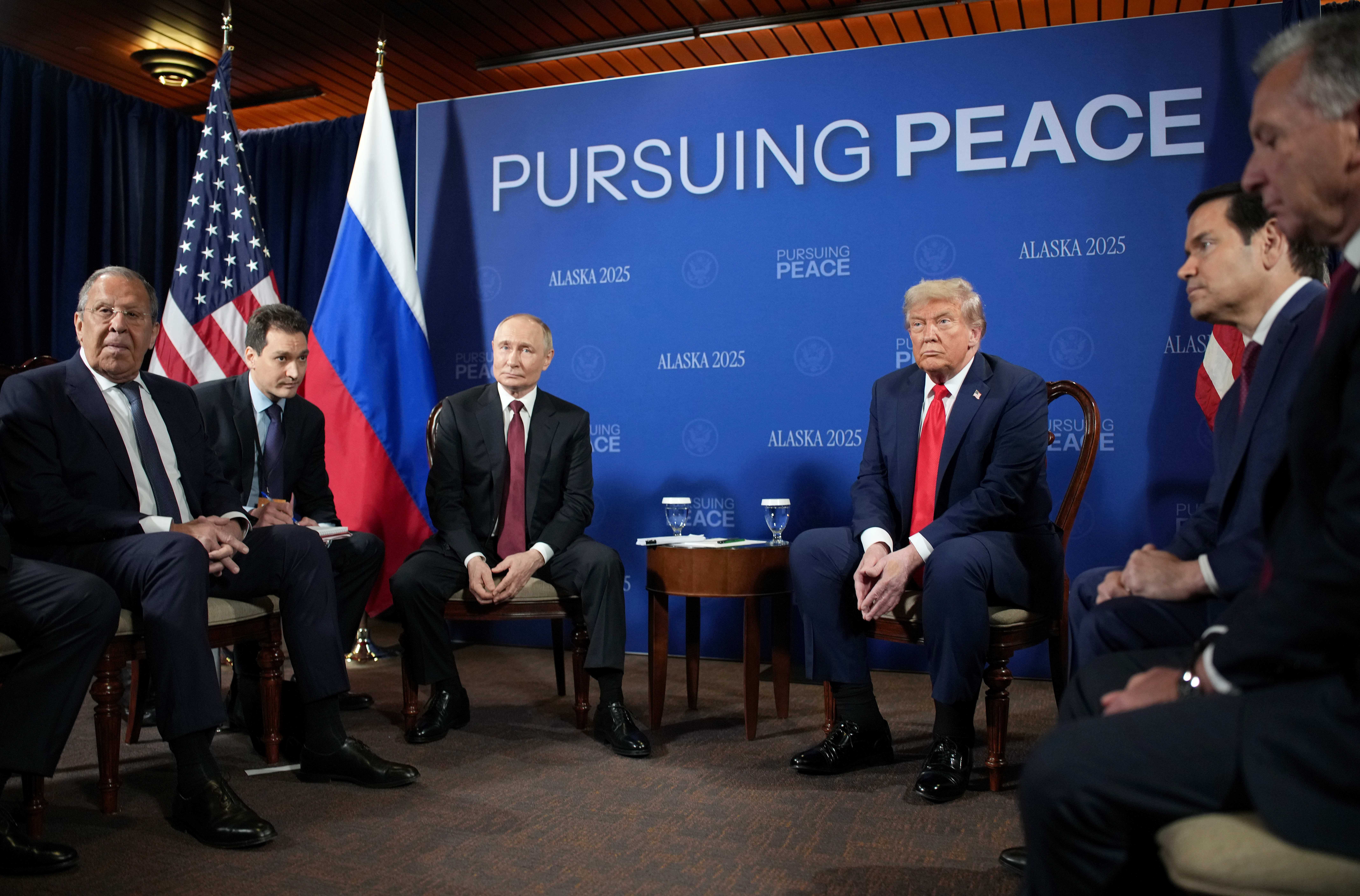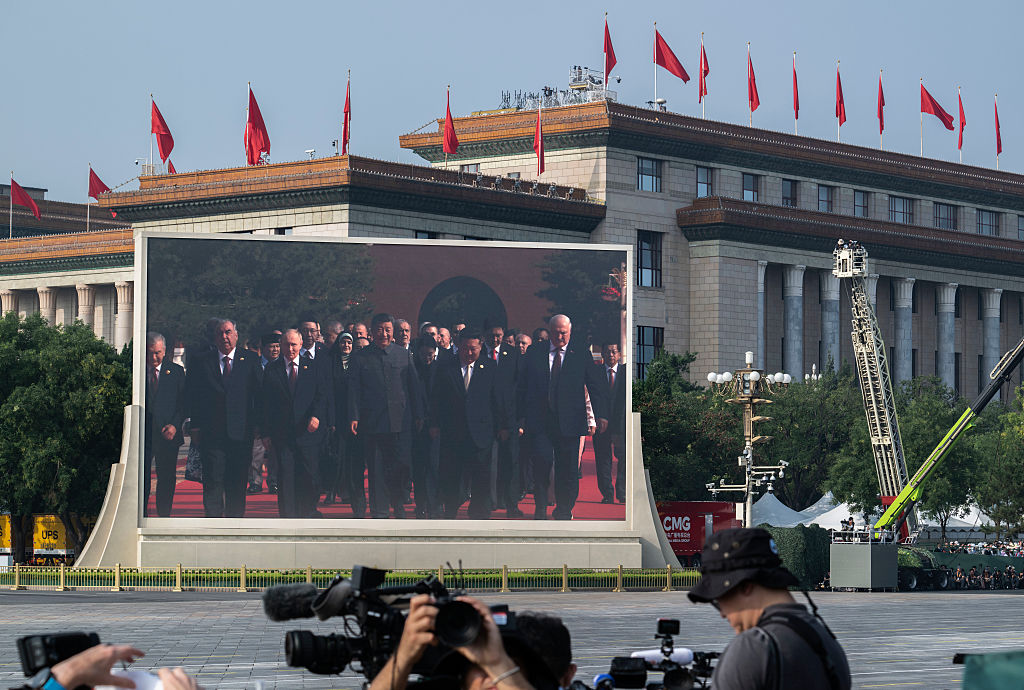The Baltics States’ Ban on Belarusian Nuclear Electricity Imports: Implications for All Sides
The Baltics States’ Ban on Belarusian Nuclear Electricity Imports: Implications for All Sides
In the whirl of the Belarusian protests this summer, decision makers in Minsk and neighboring states have been forced to respond to the repercussions of the political protests even as they try to identify any potential opportunities that have arisen because of them. One such repercussion has been the joint boycott by the Baltic States of electricity imports from Belarus’s new nuclear power plant (NPP) as a measure of solidarity toward the anti-government protesters. On September 1, a press release from the Estonian Ministry of Economic Affairs and Communications announced that Estonia along with Lithuania and Latvia had reached a mutual agreement the day prior stipulating that electricity trade with Belarus will end once the NPP goes online. The statement further notes that a new system of origin verification will be enacted to ensure that Baltic electricity imports do not derive from Belarus (Mkm.ee, September 1).
The agreement is intended to disadvantage Belarus for constructing the Astravets NPP in close proximity to the Lithuanian border (about 30 miles) by eliminating the possibility of exporting to the Baltic market. Lithuania has long been the leading critic of the NPP, with negotiations between Vilnius and Minsk occurring in waves since the beginning of construction; Estonia and Latvia have periodically denounced the nuclear plant only reluctantly, if at all, and do so now in solidarity with Lithuania (see Jamestown.org, January 31). Although interest in negotiating a mutual agreement of this kind is nothing new, Vilnius felt a new sense of urgency last month, in light of the Belarusian government’s decision to begin fueling the NPP earlier than it originally planned. Minsk had made that decision on August 7, two days prior to the presidential election (The Baltic Times, June 18; Delfi, August 7).
Whether the agreement disadvantages Belarus more than it does the Baltic States is debatable. With the elimination of potential imports from Belarus, electricity trade is set to reduce by fifty percent between all three Baltic States, while both Latvia and Lithuanian continue their electricity trade with Russia (Interfax, September 1). All five of these states are connected via the BRELL (Belarus-Russia-Estonia-Latvia-Lithuania) electrical grid, upon which the Baltics have been attempting to decrease reliance and instead establish electricity markets with the European Union (Ec.europa.eu, July 23). Thus, there is presently a simultaneous effort by the Baltics to both cut off electricity trade with Belarus and to transition away from the Russian market toward the EU. However, trade with Russia will continue to remain necessary after the loss of future imports from Belarus because the synchronization of the Baltic energy grid with the EU is not set to be complete until 2025. This means that, by eliminating the Belarusian option, the Baltics’ sources of electricity will largely be limited to Russia for the next five years.
Conversely, exporting electricity has consistently been a secondary goal for Minsk when it comes to constructing an NPP. Belarusian officials have framed the primary function of the Astravets power plant twofold: 1) decreasing reliance on Russian oil and natural gas imports while 2) providing room for maneuver in negotiations with Russia. Oil and natural gas from Russia have consistently made up 90–100 percent of Belarus’s total hydrocarbon imports; the NPP is intended to reduce these needed volumes by supplying approximately 30 percent of Belarus’ energy consumption needs. This point was illustrated by President Alyaksandr Lukashenka in 2019, when he explained to his Russian counterpart, Vladimir Putin, that Belarus would buy “4–5 billion [cubic meters] less than [the 20 billion cubic meters of natural gas heretofore purchased annually from Russia] once the NPP is commissioned” (President.gov.by, December 20, 2019).
For the Belarusian authorities, the potential export of surplus electricity produced by the Astravets NPP has always been subordinated to the above issues of energy trade with Russia. For example, neighboring Lithuania consumes roughly 12 terawatt-hours (TWh) of electricity each year and generated 3.9 TWh in 2017; therefore, this Baltic State must import roughly 8.1 TWh worth of electricity per year, some of which clearly can come from Belarus. Indeed, Lithuania’s electricity imports were 11.9 TWh in 2017 (Iea.org, accessed September 16, 2020). As Belarus’s installed production capacity is expected to rise from approximately 8.4 gigawatts (GW) to approximately 10.8 GW, the NPP would have provided easily accessible electricity to supplement the installed capacities of the Baltics, themselves limited to approximately 3.6 GW in Lithuania, 2.6 GW in Latvia and 2.7 GW in Estonia (BelTA, June 15, 2019). Although electricity could have been imported from Belarus via Russia, the three Baltic countries’ planned “system of certificates of origin of electricity” will verify that the imports do not derive from Belarus. This will mean that the Russia-Latvia transborder interconnection, which Vilnius had expressed concern over given Riga’s unclear intentions to import electricity from the Belarusian NPP, will now be limited and eliminate the possibility of Belarusian electricity reaching the common Baltic market via Latvia (LRT, August 20, 2019).
Until the mutual ban was announced, the Baltic States had been considered the primary potential importers of Belarusian electricity along with Ukraine. The latter, however, remains an unconfirmed importer as diplomatic relations between Kyiv and Minsk have been frozen, in mutual condemnation with the European Union, over the Belarusian government’s handling of last months’ presidential elections. Moreover, in late spring, Ukraine put on hold plans for electricity imports from the Belarusian NPP because of reduced domestic demand caused by COVID-19 quarantines (Svaboda.org, May 8). Nevertheless, the sudden absence of potential importers is not entirely worrisome for Minsk. This is, at least in part, due to Belarus’s partnership with the Export-Import Bank of China, announced in December 2019, which includes a $5 billion loan to complete 23 planned electricity export transmission and interconnection projects related to the NPP (LRT, December 17, 2019; The Baltic Times, December 12, 2019). Those newly built connections will be ready if and when relations with its western neighbors improve. Decisionmakers in Minsk may, thus, currently find themselves with fewer options than existed before the summer. But their newfound position is far from optionless, and there is room for maneuver, however tight that room may be.


